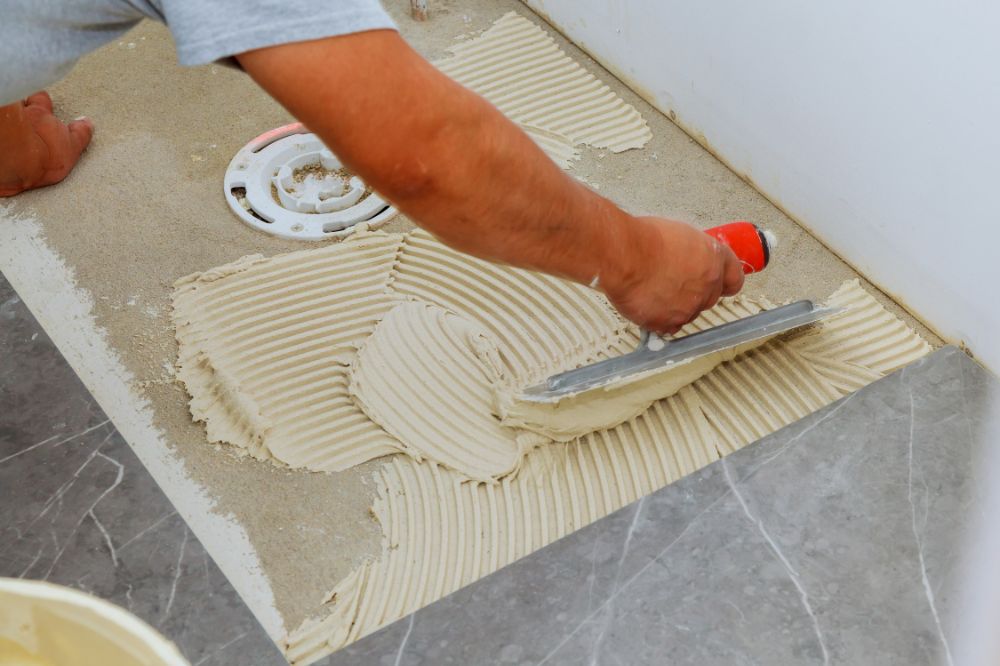Tiling is a critical aspect of the construction industry in Australia, and it requires specialised skills and expertise. Tilers carry out vital roles in the industry, creating beautiful and functional spaces in our homes and communities. However, like all trade professions, tiling presents significant risks and challenges that can impact a tiler’s career. This is why insurance is critical for tilers in Australia. In this blog post, we aim to cover the ins and outs of tilers’ insurance and explain why it’s essential for every tiler in Australia.
Brief Overview of Tilers Insurance
Tilers insurance is a form of coverage that protects tiling contractors and customers from financial losses incurred due to accidents or damages caused during or after the tiling process. The insurance covers various areas in the trade industry, including public liability, personal accident and illness, and tool and equipment coverage.
Background of the Tiling Industry in Australia
The tiling industry is one of the most significant contributors to the Australian economy, with an estimated value of over $3 billion. The industry encompasses both residential and commercial construction, with a growing demand for sustainable and affordable building materials. As a result, the industry is highly competitive, with contractors facing various risks such as workplace injuries, property damages, and disputes with customers.
Unpacking Tilers Insurance in Australia
Tilers’ insurance is a form of coverage designed explicitly for contractors in the tiling industry. It provides essential indemnity protection from potential losses caused by property damage, public liability, and personal accidents and illnesses. It is important for both contractors and customers as it assures the safety and quality of tiling work.
Types of Tilers Insurance In Australia
There are several types of insurance coverage available for tilers in Australia, each serving a specific purpose.
- a) Public Liability Insurance: This type of insurance protects tiling contractors against third-party claims arising from property damage, injuries, or death.
- b) Personal Accident and Illness Insurance: This insurance covers contractors against loss of income and medical expenses resulting from injuries or illnesses during their line of duty.
- c) Tool and Equipment Insurance: This covers contractors’ tools and equipment against damage, loss, or theft.
Public Liability Insurance
Public Liability insurance is mandatory for all tilers in Australia. The insurance covers contractors against third-party claims arising from property damage, injuries, or death caused by the tiling process. It is essential as it ensures that tilers have no significant financial liability in the event of accidents.
Personal Accident and Illness Insurance
Personal Accident and illness insurance is optional but highly recommended for every tiler in Australia. Often, personal injuries on job sites can be severe and life-threatening, resulting in long hospital stays and mounting medical bills. Having this insurance coverage offers peace of mind to both contractors and their families.
Tool and Equipment Insurance
Tiling tools and equipment are expensive and often prone to theft or damage. Tool and equipment insurance is essential coverage for tiling contractors to protect against financial loss caused by these damages. Unsure if you need insurance for your tools? Read our post on tool insurance for tradies.
Additional Insurance Options for Tilers
Contract Works Insurance, Commercial Vehicle Insurance, and Business Interruption Insurance are additional insurance options that tilers can consider. These covers provide greater protection for contractors working in high-risk environments and conditions.
Understanding Insurance Premiums
Several factors influence the insurance premiums charged on different types of tilers’ insurance. Contractors can take proactive measures to reduce their premiums, such as choosing a higher excess or purchasing additional coverage.
Legal Obligations and Compliances in Australia
Tiling contractors are required to comply with multiple legal and regulatory requirements in Australia. This includes obtaining appropriate licenses, insurance, and adhering to the country’s safety and quality standards.

Tips to Mitigate Risks and Avoid Claims
Proper Record-Keeping
Keeping detailed, accurate records of your business expenses, revenues, and other activities is essential for risk mitigation. Good record-keeping helps you have a clear picture of your business’ financial standing, which makes it easier to identify potential areas of risk. Without proper record-keeping, it becomes difficult to keep track of vendor invoices, payments, and receipts. This increases the risk of invoicing errors, overpayments, missed payments, and even fraudulent activities.
Invest in Insurance
One of the best ways to mitigate risks is by investing in insurance. Comprehensive insurance coverage can protect against risks such as theft, fire, natural disasters, or employee-related claims. While insurance premiums might seem expensive, the potential costs of a major claim can be disastrous to a small business. By investing in insurance, you’re protecting your business from such potential liabilities.
Conduct Regular Risk Assessments
Conducting regular risk assessments can help you identify potential risks and vulnerabilities in your business. A risk assessment is a process of identifying potential threats and assessing the likelihood of those risks occurring. By identifying risks, you can determine the appropriate measures to mitigate or avoid them. It is therefore important to carry out a risk assessment as part of your business’s overall risk management strategy.
Engage a Skilled Attorney
Having a skilled attorney on board can help you manage and mitigate legal risks. They can guide contracts, policies, and procedures that can help you avoid legal and regulatory issues. They can also help you respond to lawsuits, investigations, and other legal issues that might threaten your business. By engaging a skilled attorney, you can minimize the risk of costly legal errors that can harm your business.
Conclusion
In conclusion, tilers’ insurance is essential for every tiler in the Australian tiling industry. With the various risks and challenges in the industry, it is crucial to have comprehensive coverage to protect against financial losses. We hope that this guide has been informative and helps tilers make informed decisions on the best insurance coverage to suit their needs. We encourage all tilers in Australia to consider comprehensive insurance coverage to secure their future careers.
Frequently Asked Questions about Tilers Insurance
What types of incidents does public liability insurance for tilers typically cover?
Public liability insurance for tilers generally covers incidents resulting in third-party injury or property damage due to tiling work. This can include accidents like dropped tiles causing damage or slip-and-fall injuries on site.
Is personal accident and illness insurance only applicable to on-site injuries for tilers?
This insurance is not limited to on-site injuries. It can also provide coverage for illnesses or injuries that occur off-site but still impact the ability of a tiler to perform their job.
Are my tools and equipment covered under insurance while in transit?
Tool and equipment insurance usually covers items while they are stored at your business premises, and it may extend to cover while in transit. It’s crucial to check your policy details or consult with your insurance provider.
How often should I review or update my tilers insurance policy?
It’s recommended to review your insurance policy annually or whenever there are significant changes to your business operations, such as the acquisition of new equipment, changes in services provided, or an increase in the size of your team.
What factors can affect the premium of my tilers insurance?
Insurance premiums can be influenced by various factors including your claim history, the value of your tools and equipment, the scale of your projects, and even the location of your business operations.







